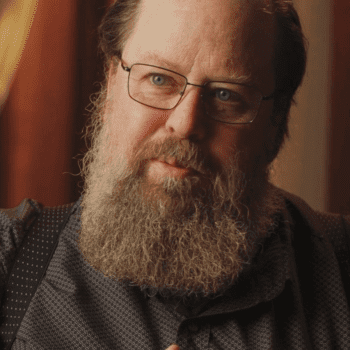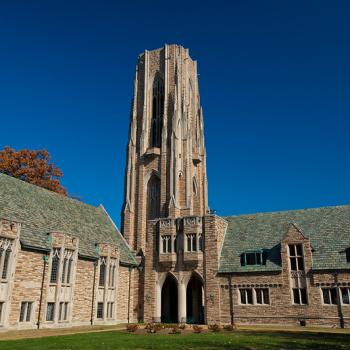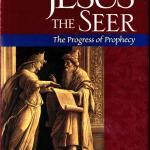The bookmakers were right. Today it was announced that the Church of Sweden’s new archbishop is Antje Jackelén. But who is the church’s new top leader, who has chosen part of the Muslim prayer call as her motto?
Jackelén’s position carries a heavy responsibility. On its website the Church of Sweden reports that is has approximately 6.5 million members and that the organization is divided into 13 dioceses. Every diocese is led by a bishop and above the bishops is the archbishop.
Jackelén’s victory has been characterized as historic. For the first time in the church’s history the archbishop will be a woman. Powerful lobbying groups within the church have long agued that the new archbishop must be a woman so Jackelén’s sex has been an advantage. Critics have maintained that the scene was prepared for the bishop of Lund from the beginning.
Antje Jackelén won a resounding victory with her 174 votes in the first round. Despite the fact that the election was for the top leader of the church, as a person Jackelén has not been subjected to a vetting process worth its name. Her supporters have emphasized her academic credentials. She is claimed to be a professor of theology – but not according to Swedish standards.
Antje Zöllner was born in Herdecke, Germany, in 1955 and came to Sweden on a scholarship in 1978. One year later she married Heinz Jackelén, who is also German born. She was ordained in 1980 by the bishop of Stockholm, Lars Carlzon, who in addition to his job as bishop was president of the Friendship Association Sweden-DDR [the Communist German Democratic Republic].
In 2007 Antje Jackelén was elected bishop of the diocese of Lund after leaving her position at the Lutheran School of Theology in Chicago, where she had taught systematic theology/religion and natural science. Before that she had been a parish priest in dioceses of Stockholm and Lund.
Like kings, all bishops have their own motto and Jackelén chose ”God is greater”. If that sounds familiar, it may be due to the fact that an Arabic translation renders it as ”Allahu akbar”. There are those who believe that her choice is far from random – but very deliberate.
Many have been taken aback by the theological opinions Jackelén revealed during a questioning in Uppsala on October 1. The candidates for the highest position in the Swedish church were asked if they thought Jesus presented a truer picture of God than Muhammed. With her evasive answer Jackelén suddenly emerged as the bishop who couldn’t choose between Jesus and Muhammed. This provoked strong reactions on some editorial pages.
Kyrkans Tidning thought that the bishop’s answer might indicate that Christ is being relegated to the margins of the Church of Sweden and Dagens Nyheter encouraged the candidates to show some theological backbone. The editorial writer at the newspaper Dagen wrote that it is time to accept the idea of a split within the church – between Christians and those who think all religions are equally good.
The bishop of Lund’s preference for Allah has prompted one of the church’s most preeminent theologians, professor Eva Hamberg, to leave her post as a member of the church’s theological council in protest against bishop Antje Jackelén’s failure to stand behind the Church of Sweden’s profession of faith. As a reaction to what she calls ”the inner secularization of the Church of Sweden”, she has also renounced her position as priest and her membership of the church.
In a number of interviews Hamberg has expressed her disappointment that not even the top leader of the church will clearly profess a Christian faith but wavers between Jesus and Muhammed.
It is not only Jackelén’s motto and her unwillingness to put Jesus ahead of Muhammed that has evoked strong feelings among many committed Christians. During her questioning in Uppsala, the new archbishop also said that the Church of Sweden has more in common with other religions than with other Christian churches, that the Virgin Birth must be understood metaphorically, that hell doesn’t exist and that the Biblical texts should not be taken as truth.
The question is whether the Church of Sweden has chosen the ”unifying force” it had hoped for, or taken yet another step towards its abolition.
















